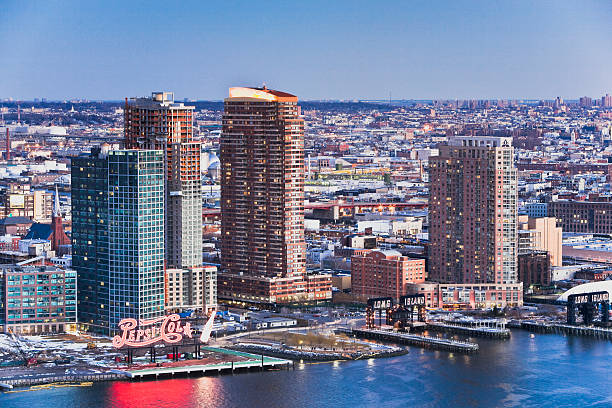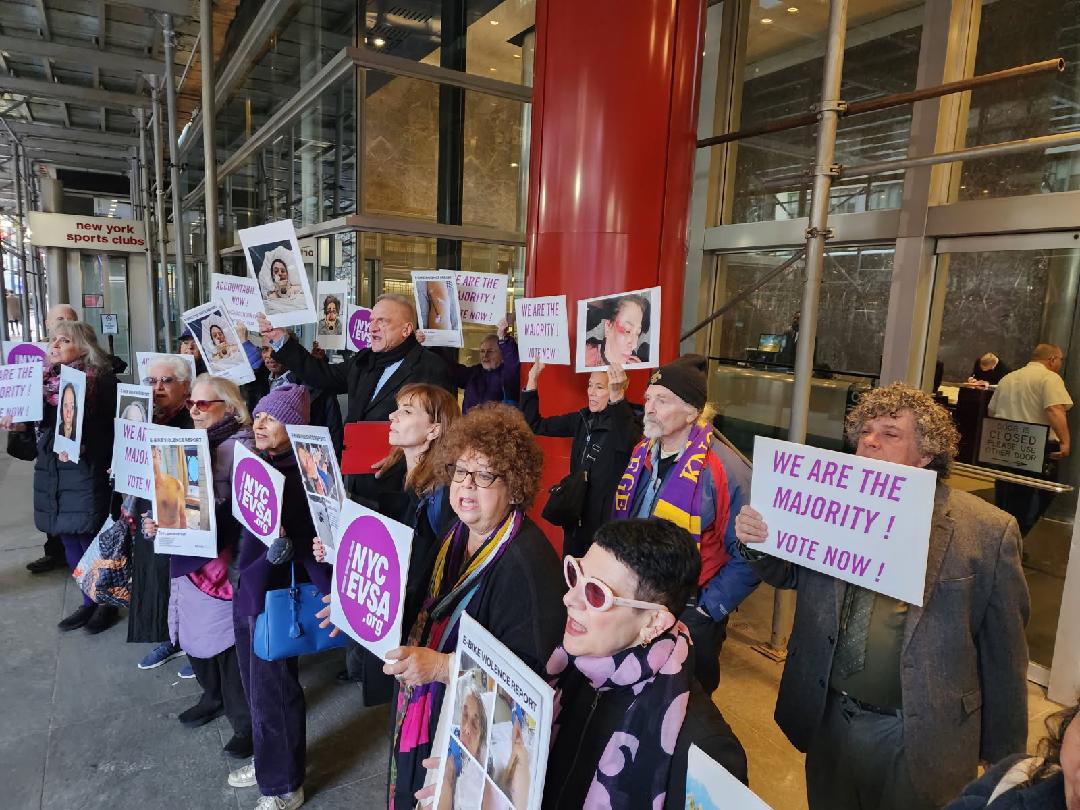The United States Department of State has issued a travel warning for United States citizens traveling to or living in Haiti.
The warning, updated on Monday, refers to the “lack of adequate emergency medical facilities and the security environment in Haiti.
“Haiti’s emergency response network, along with the continued presence of serious crime and civil unrest, should be carefully considered when planning travel,” said the warning, replacing the Travel Warning dated Aug. 5, 2015 and providing the updated information regarding the changing nature of crime involving United States citizens in Haiti.
The State Department said medical care infrastructure, including road ambulance and other emergency services, is very limited in Haiti.
It said some U.S. citizens injured in accidents and others with serious health concerns have been unable to find necessary medical care in Haiti and have had to arrange and pay for medical evacuation to the United States.
“We strongly encourage travelers to Haiti to obtain medical evacuation insurance prior to arrival in country and to use evacuation organizations that have solid evacuation and medical support options in place,” the State Department said. “Moreover, those traveling in rural areas of Haiti should verify their evacuation organization provides service to where they are traveling.”
The State Department said that, while reports of kidnappings of U.S. citizens have fallen off sharply, with few incidents reported to the Embassy in 2016, “kidnapping for ransom can still affect anyone in Haiti, most particularly those maintaining long-term residency in the country.
“Armed robbery is a very real possibility, especially in the Port-au-Prince area and in particular soon after leaving the airport,” the State Department said. “Be circumspect in sharing specific travel plans; have your host or organization meet you at the airport upon arrival; and / or have pre-arranged airport transfers and hotels.
“Exercise caution when visiting banks in Port-au-Prince,” the statement added. “Robbery crews have been known to survey banks and rob customers as they exit.”
The State Department said while fewer incidents of crime are reported outside of Port-Au-Prince, the capital, the “Haitian authorities’ ability to respond to emergencies is limited and in some areas nonexistent.”
Embassy employees are required to adhere to all security and safety measures of the Embassy’s Regional Security Office when traveling outside of Port-au-Prince, as well as restrictions on travel in certain areas or times, the State Department said.
It said U.S. Embassy personnel are under an Embassy-imposed curfew from 1 am to 5 am and must remain at home or another safe facility during curfew hours.
The State Department said this may constrain the Embassy’s ability to provide emergency services to U.S. citizens outside of Port-au-Prince or regular business hours.
Additionally, in Port-au-Prince and other cities, the department said U.S. Embassy employees are advised not to walk in any area but rather drive to a destination and park as close as possible, choosing guarded or interior parking lots.
This includes Petionville, an area of metropolitan Port-au-Prince of upscale hotels, shopping and restaurants frequented by residents and visitors.
The State Department noted that protests, including road and bridge blockages, are frequent and often spontaneous in Haiti, stating that the Haitian National Police (HNP), with assistance from the United Nations’ Stabilization Mission in Haiti (MINUSTAH), is responsible for maintaining order and rendering assistance.
However, the State Department said the HNP’s ability to assist U.S. citizens during disturbances is limited.
It said U.S. government-facilitated evacuations, such as the evacuation that took place from Haiti in 2010, occur only when no safe commercial alternatives exist.


























